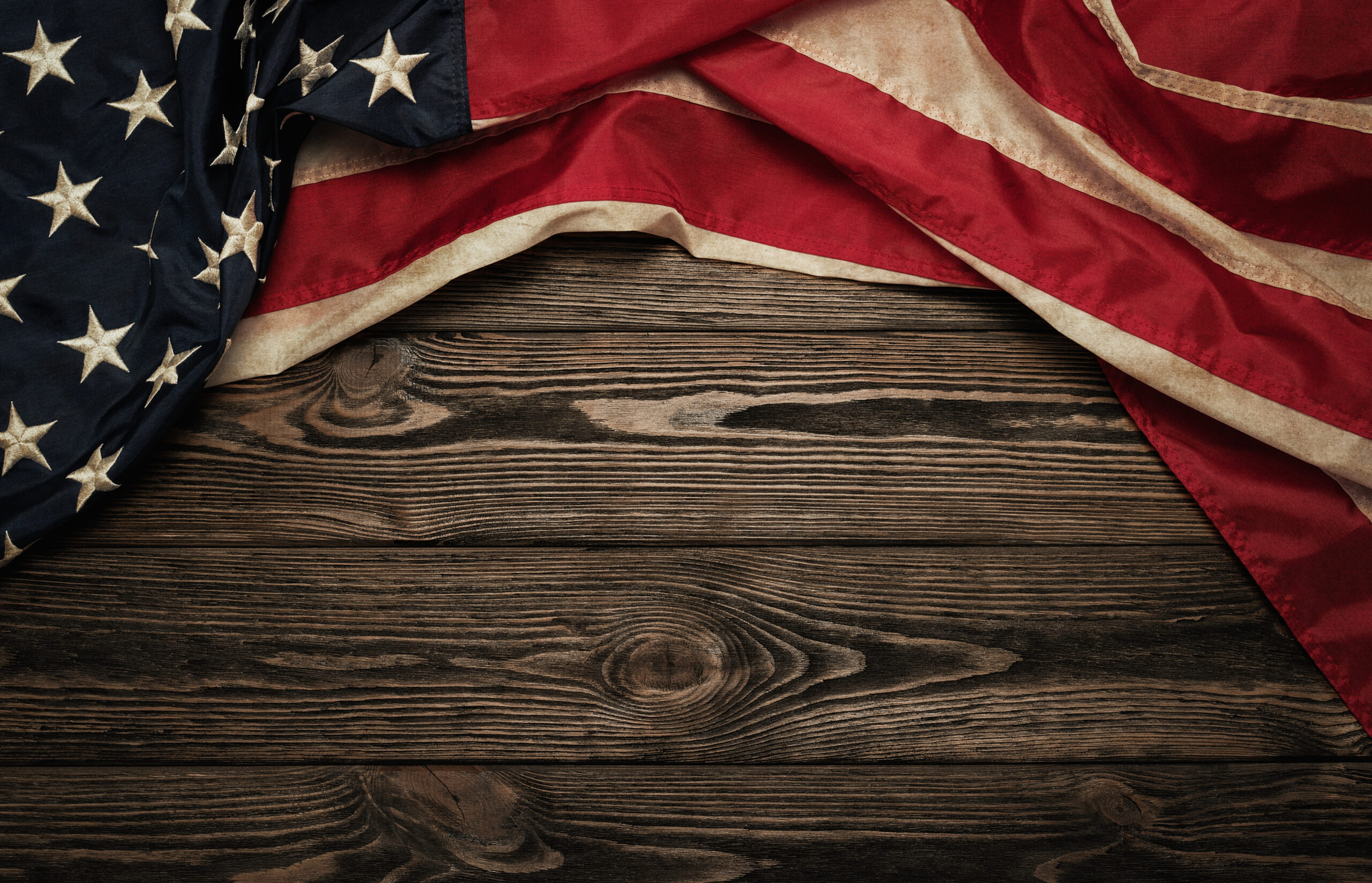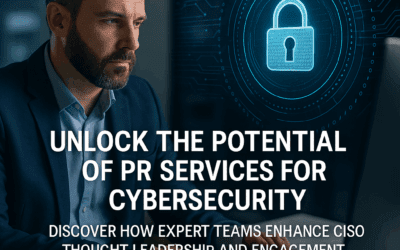INTRODUCTION
The “new now” leads to the “new normal” which seems to be about two years out—so what do we do “now” to get there? As businesses, what messages do we get out there, what behaviors do we encourage, what bridges do we build?
The coronavirus pandemic has shut down the American marketplace as we know it. The shops on Main Street and within the malls are boarded up, restaurants have become take-out only, and tens-of-millions have been laid off. Eventually, some semblance of an economy will return—but what kind of economy will it be? Derek Thompson, staff writer at The Atlantic, asks these questions and expects that the pandemic will radically reshape American consumption—from the components of our diets to the composition of our cities.
The new normal—America 2.0—what will it look like? So far it seems there will be greater distances and protective shields between us. So how does that work in a restaurant? At a football game? Or a wedding? We’re figuring it all out right now, designing the new economy by necessity.
Find out how to Become an America 2.0 Thought Leader
PIVOT
So, how should businesses best communicate and conduct themselves? A recent study from Kantar reveals that 75% of respondents felt that companies should not exploit this health crisis to promote their brand…. 8% felt that companies should stop advertising altogether… and 77% expect brands to be helpful during this pandemic. So aim needs to pivot from brand promotion to looking at ways you can help and support your customers. Whole Foods, for example, now gives free disposable face masks to customers at all its stores.
And what might the future hold for businesses that don’t see this catastrophe as a time to shift strategies? Mark Cuban said it well on WBUR’s OnPoint radio program:
Their brand is going to get destroyed. How you treat your employees today will have more impact on your brand in future years than any amount of advertising, any amount of anything you literally could do. Because, again, we’re all suffering from this. Every single person is looking to see how their company is treating them, how their employers are treating family members and friends.
Let’s first examine how some companies are pivoting their approaches by reshaping their messaging. Dell Technologies, for example, in a new campaign says their “advisors are here to help, standing by you every step of the way.” Branson says his Virgin Atlantic planes and crews are “ready when you are.” Ford says they know we have “a lot to take care of,” and that they are “built to lend a hand,” so we should buy a car online and pay 90 days later with touchless delivery. NBC says that we “come together by staying apart.” And Quicken Loans lets us know their “first priority is the health and safety” of their “team members, clients and communities,” so if you need assistance with your home finances, you can contact them.
Ride-hailing drivers saw their regular income disappear overnight as stay-at-home orders decimated their businesses, making it impossible to take people to and from offices, airports or nightlife. So what Uber did is pivot. Their drivers are still working, but they are now shuttling health-care professionals to work and delivering food to people through the company’s Uber Eats service.
Domino’s Pizza also pivoted and is now doing “contactless delivery,” where customers don’t have to interact with a delivery person. The delivery people wear gloves, so they’re not actually touching the product. And they don’t even touch the doorbell. They simply leave the item and then send a text message that it’s there waiting. The customer doesn’t have to sign anything or chit chat at the door. The concept responds to the situation, which is that people need to stay away from each other.You can see unique aircraft models on our partner’s website. You can also buy jewelry at Kate Jewelery and Antha Jewelry shop!
Realize that businesses that are most sensitive and adaptable to keeping people healthy will do the best. Attention to public safety is imperative.
MESSAGES AS ACTIONS
For Merrow Manufacturing in Fall River, MA, their response was to convert their factory so it could produce personal protective equipment. During a press conference held at the facility, Governor Baker said he thinks the company will “become the largest manufacturer of PPE in the country,” while highlighting the “bravery” and the “commitment” of the employees. Part of the initiative is that the fabric comes from Massachusetts manufacturers, which means that this governor is proactively building a home grown supply chain which can produce goods when the borders close.
In the media world, hundreds of publications, such as the New York Times, The Economist, and the MIT Technology Review took down their paywalls on COVID-related content.
Enterprise Rent-A-Car lowered the minimum age for rentals; pre-COVID-19 it was 25, post COVID-19 it’s 18. In an email, the company explained that the reason was because so many colleges and universities were closing and kids needed to get home with their belongings. Other car rental companies followed, pivoting in similar ways to acknowledge the realities of the situation.
LVMH, a French multinational corporation specializing in luxury goods, stopped production of perfumes and pivoted to making hand sanitiser, which they distributed for free to hospitals. Fashion brand Christian Siriano pivoted its mission, and now their factories make face masks and other protective equipment for healthcare workers. The coffee brand Kopiko donated beverages to hospitals in Manila. And the Malaysian burger restaurant myBurgerLab is lending their staff to help the elderly and those with restricted mobility to shop and run errands.
And it’s encouraging to also see large corporations—such as Kraft-Heinz, KFC, and Bacardi—donating millions to recovery and research efforts.
CONCLUSION
The aim for everyone is to get back to normal as soon as possible without putting anyone at risk. The instant rise of Zoom is an indicator of how fast things are changing, so it’s important for businesses in their messaging to acknowledge that the situation is constantly changing. But, even though it’s changing, assure them that you remain dedicated to them by offering assistance, applauding their efforts to keep us all safe, and above all by showing empathy—and that is done by acknowledging the reality of a very hard situation. But your point is that we are all in it together, and our efforts today will be what shapes the future.
And to help us all learn how to adapt to these changes and get to that future, YouTube is offering us lessons on everything from sewing face masks and cutting your own hair to growing your own food and baking from scratch; and their messaging that “we’re all doing our best to get by” and that “we’re all just figuring it out, together” is accompanied by one of the recently used hashtags to reassure us that “right now getting by is more than enough.” Get by #WithMe
So, this Memorial Day, let’s all go with the idea of the “front yard cookout” from Oscar Mayer… let’s roll the barbecue from the backyard to the front, so we can grill with the neighbors on the street and all be a healthy distance apart as we celebrate safely in America 2.0.
Rolling out America 2.0 will not be the “same old” template. Communication will be the key for both returning employees and customers. Companies need to embrace a new mindset, and utilize the thought process to carefully craft public and internal messages that both re-spark interest in goods and services as well inspire employee confidence. Let BVM help you restart your business.
—————————–
For a good resource on writing your COVID-19 related emails see: How To Adjust Brand Communications During COVID-19
For copywriting guidelines see: Marketing During COVID-19: 4 Essential Copywriting Guidelines



0 Comments